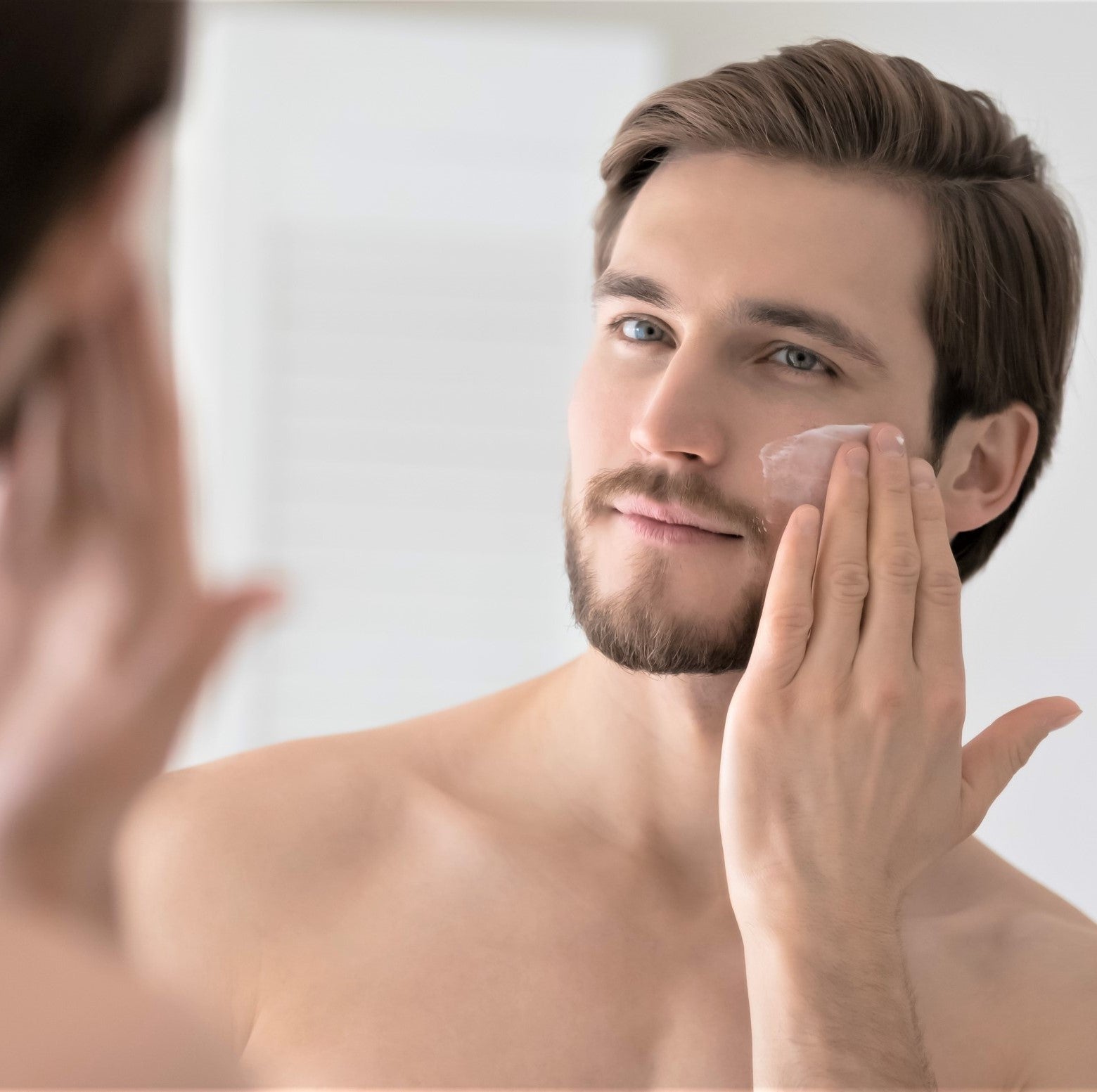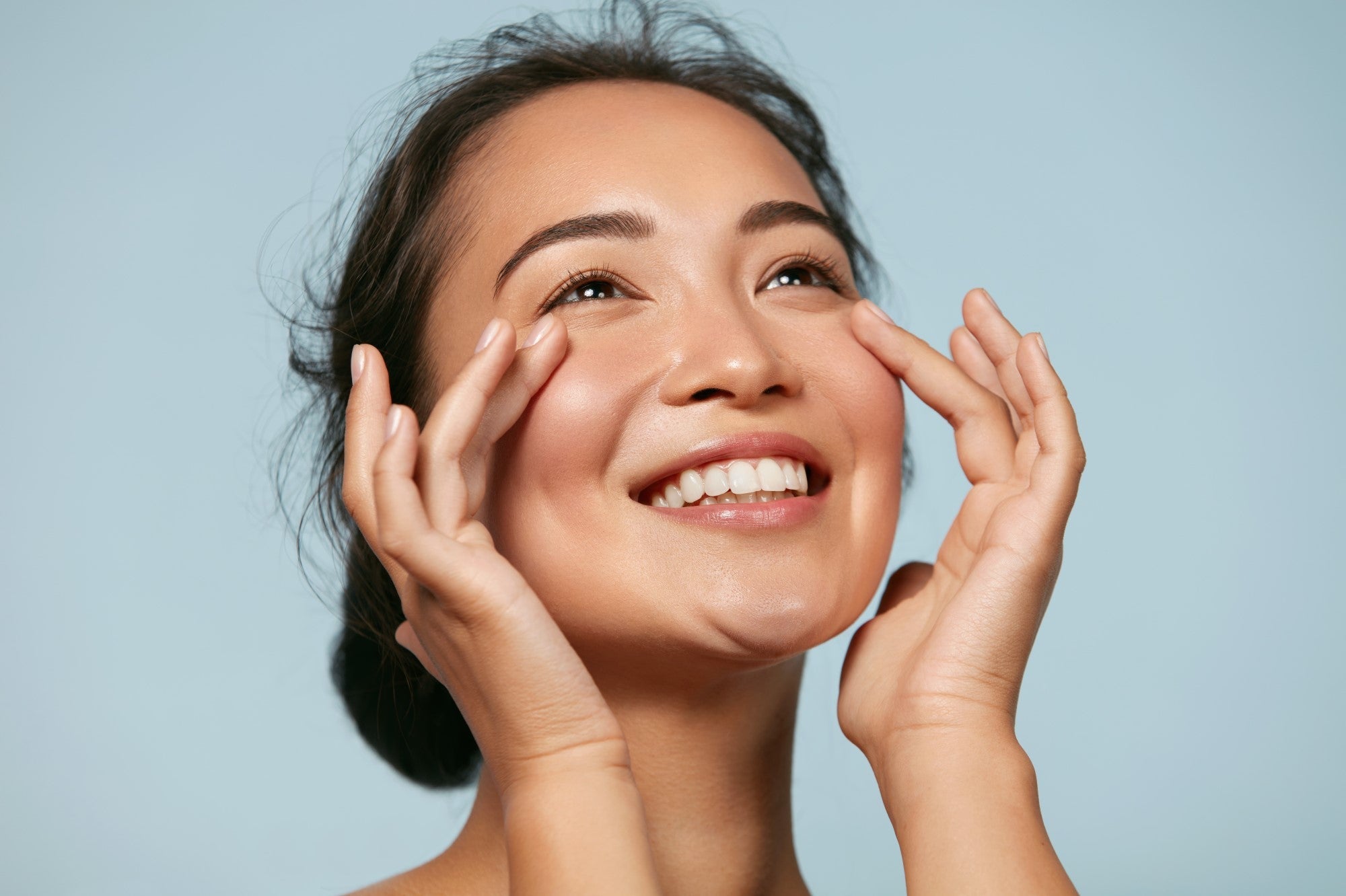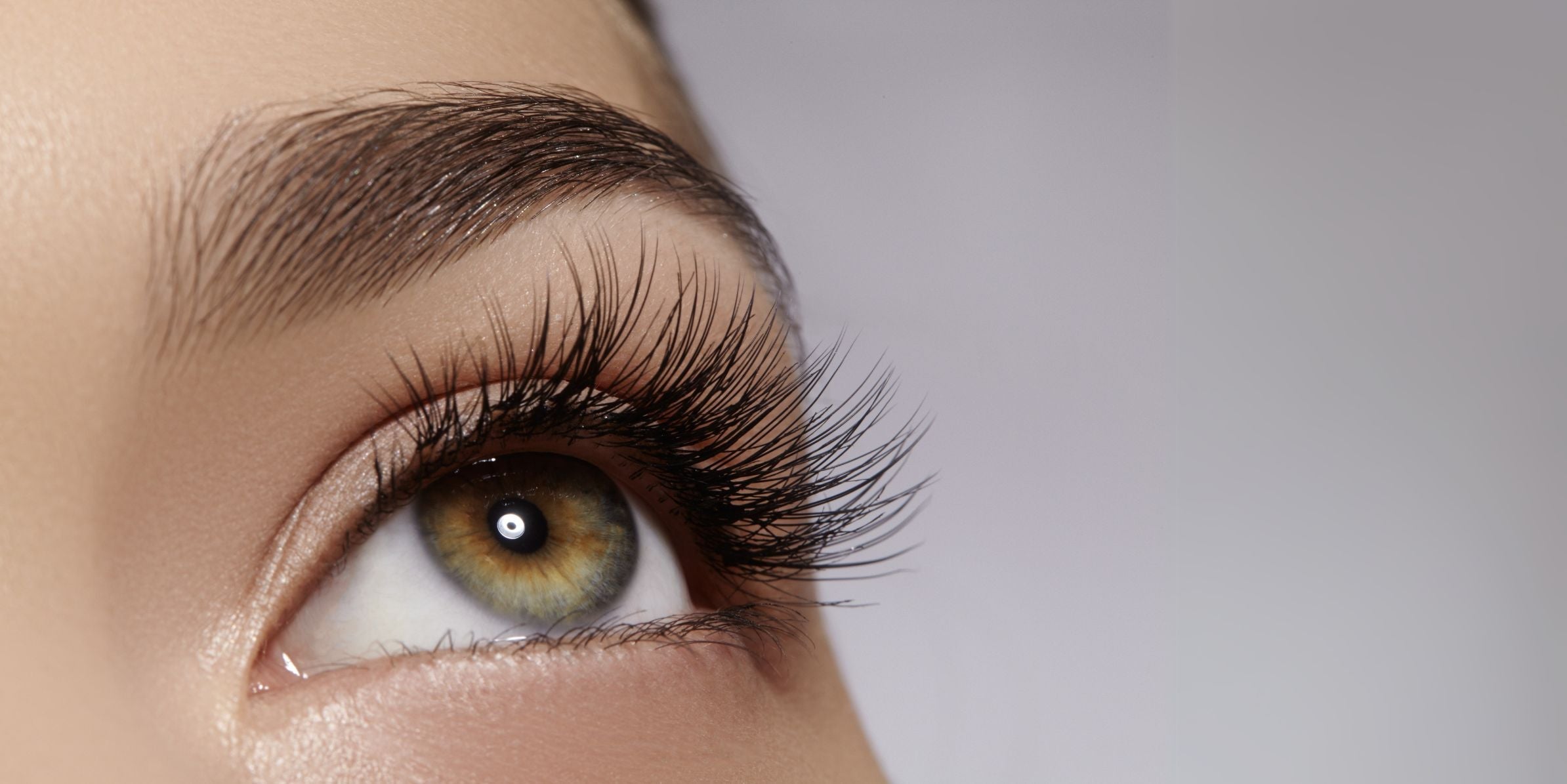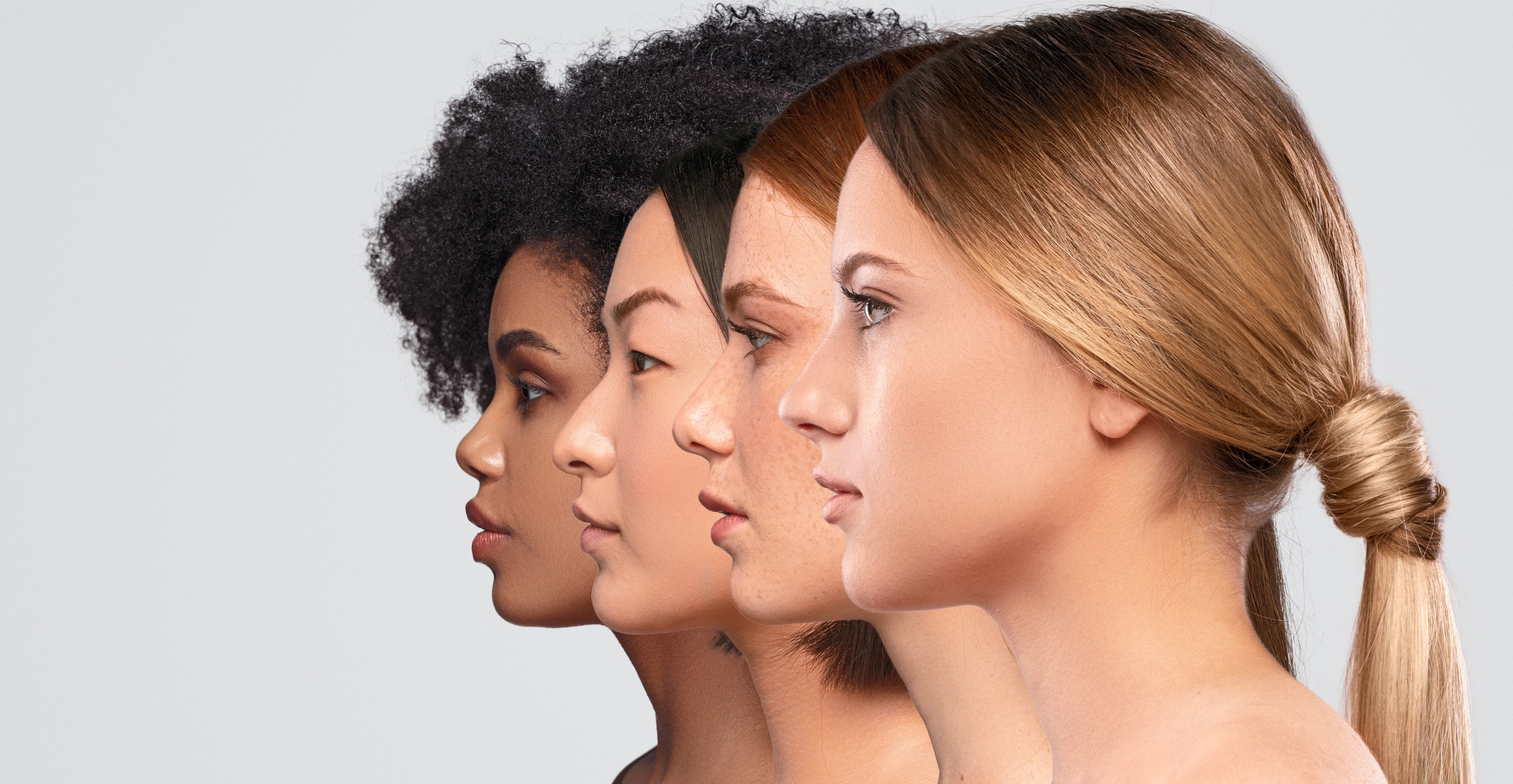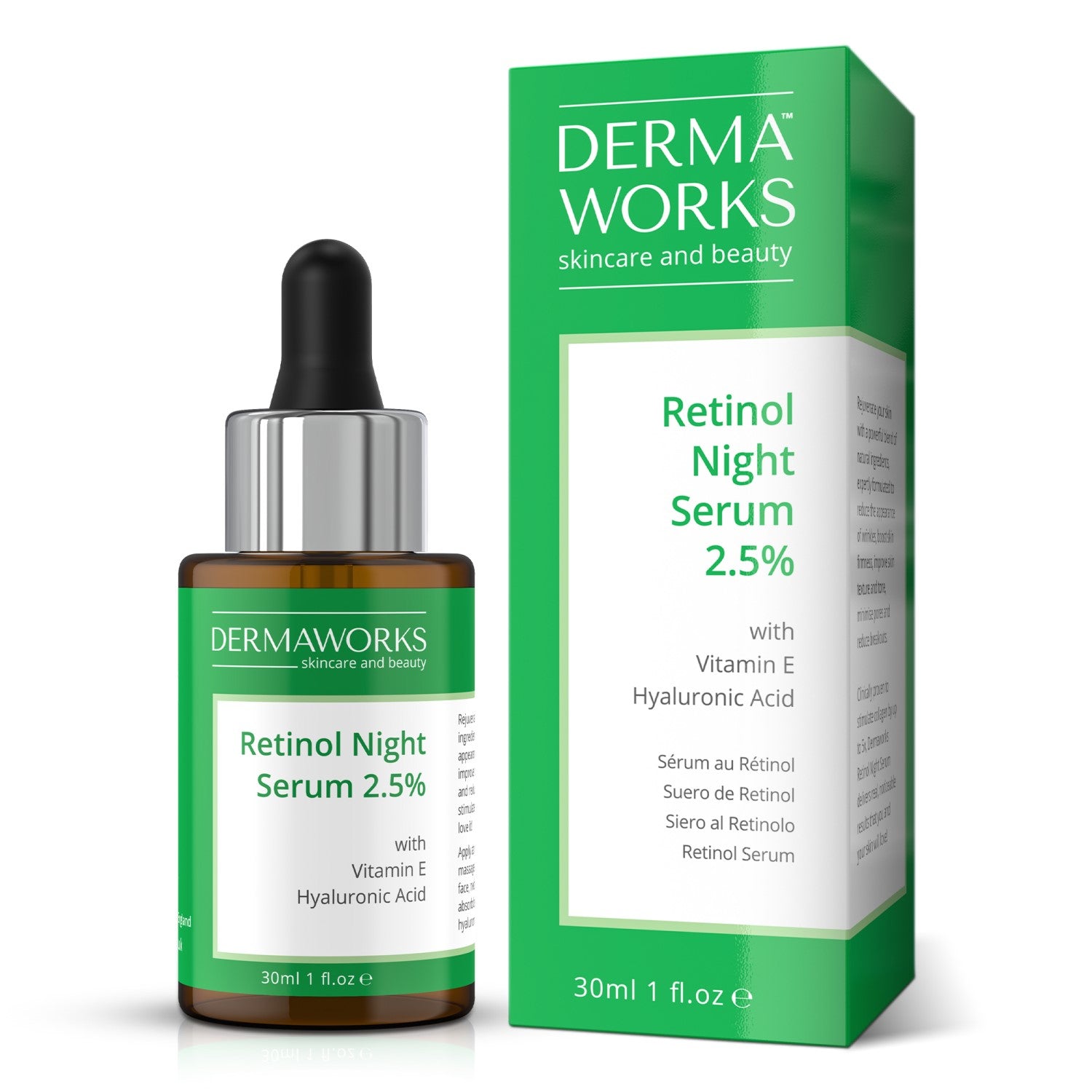Acne is a common skin condition that affects people of all ages, causing discomfort and affecting self-esteem. Many individuals seek effective treatments to manage and reduce acne breakouts. One such treatment often recommended is retinol. In this blog post, we will explore the potential benefits of using retinol for acne and important considerations to keep in mind.
Understanding Acne
Before delving into the role of retinol, let's briefly understand what acne is. Acne occurs when hair follicles become clogged with oil and dead skin cells, resulting in whiteheads, blackheads, or pimples. It can be influenced by various factors such as hormones, diet, genetics, and skincare habits.
What is Retinol?
Retinol is a derivative of vitamin A and is part of the retinoid family. It is widely used in skincare for its potential to promote skin cell turnover and stimulate collagen production. Retinol is known for its effectiveness in treating various skin concerns, including acne.
How Retinol Helps with Acne
Retinol offers several potential benefits for individuals dealing with acne:
1. Unclogging Pores:
Retinol helps to unclog pores by promoting the shedding of dead skin cells and preventing them from blocking the hair follicles. This action can reduce the formation of whiteheads and blackheads.
2. Reducing Inflammation:
Retinol possesses anti-inflammatory properties that may help calm redness and inflammation associated with acne, making it a valuable tool for those with inflammatory acne.
3. Regulating Oil Production:
Retinol can regulate the production of oil (sebum) in the skin. By controlling excess oil, it can help prevent the formation of new acne lesions.
4. Promoting Skin Healing:
Retinol supports the healing process of the skin, aiding in the repair of acne-induced damage and blemishes.
Considerations and Tips
While retinol can be beneficial for managing acne, it's essential to use it wisely and be aware of certain considerations:
1. Start Slowly:
Introduce retinol gradually into your skincare routine to allow your skin to acclimate. Begin with a lower concentration and gradually increase as your skin tolerates it.
2. Use Sunscreen:
Retinol can make your skin more sensitive to the sun. Always use a broad-spectrum sunscreen with at least SPF 30 during the day to protect your skin from sun damage.
Retinol can be an effective component of an acne management routine, aiding in unclogging pores, reducing inflammation, regulating oil production, and promoting skin healing. However, it's essential to use it cautiously and be patient with the process. Consulting a dermatologist for personalised advice is always a prudent step to achieve the best results and maintain healthy, clear skin.

